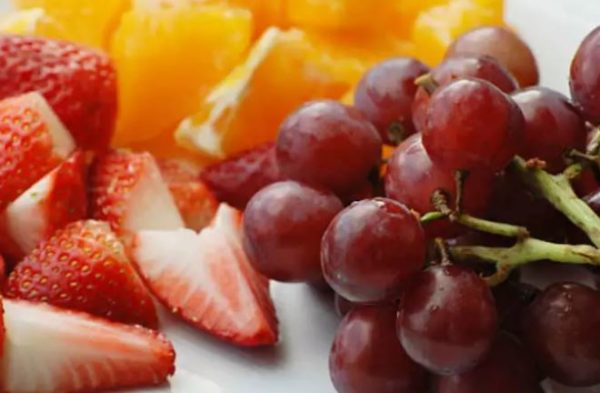
The term “Vitamin P” is used to refer to a group of bioflavonoids, which are naturally occurring compounds found in plants that have antioxidant properties and have several other health benefits.
The bioflavonoids like quercetin, rutin, and hesperidin, are found in a variety of fruits, vegetables, and other plant-based foods.
They are believed to offer potential health benefits, such as:
1. Antioxidant Properties
Bioflavonoids have antioxidant effects, which means they help protect cells from damage caused by harmful molecules called free radicals. By neutralizing harmful free radicals, these compounds contribute to the protection of cellular structures and DNA integrity. Antioxidants are thought to contribute to overall health and help reduce the risk of chronic diseases such as cardiovascular disease, diabetes, and certain types of cancer.
2. Anti-Inflammatory Effects
Some bioflavonoids have anti-inflammatory properties that may help reduce inflammation in the body, which is associated with various health conditions.
3. Cardiovascular Health
Certain compounds like quercetin have been studied for their potential to promote heart health by improving blood vessel function, reducing blood pressure, and influencing cholesterol metabolism. The consumption of foods rich in bioflavonoids, such as citrus fruits, berries, and dark leafy greens, is often linked to a reduced risk of heart disease.
4. Immune Support
Bioflavonoids are thought to have immune-boosting effects by supporting the immune system’s function and helping the body defend against infections and illnesses.
5. Allergy Relief
Quercetin, in particular, has been studied for its potential to help manage allergy symptoms by stabilizing mast cells, which release histamines and other pro-inflammatory mediators responsible for allergic reactions.
6. Regulates blood sugar
As per a health report, consumption of 300 mg of flavonoids reduced the risk of diabetes by 5%. It’s role in ensuring cardiovascular health is another reason why those with diabetes or those who are at the risk of developing diabetes should consume it on a daily basis.
Foods that are rich in vitamin P
The common foods which are a rich source of bioflavonoids are citrus fruits, dark chocolate, berries, apples, green tea, red wine and green leafy vegetables like kale spinach and broccoli. Most of the red, blue and purple fruits and vegetables are rich in anthocyanidins; berries are the powerhouse of cyanidin, delphinidin, and peonidin.

